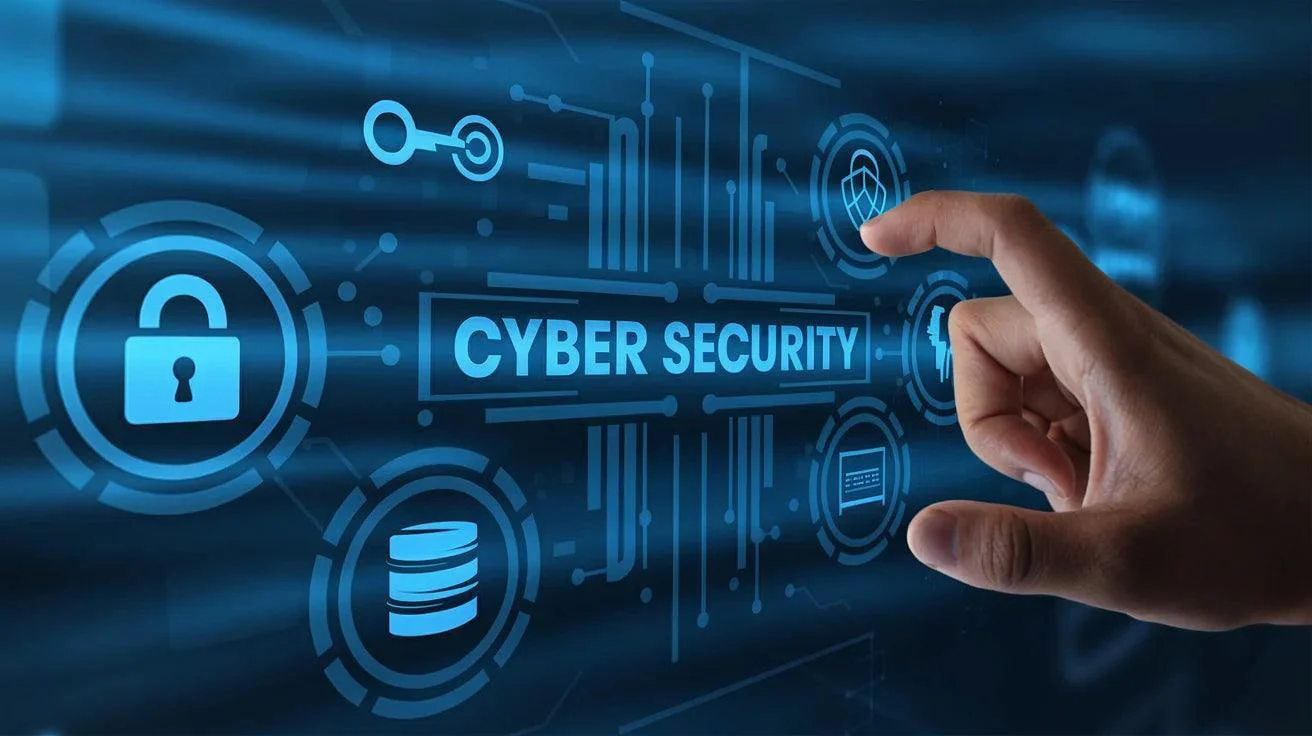As cyber threats escalate in frequency and sophistication, startups that neglect cybersecurity risk catastrophic financial losses, irreparable reputational damage, and regulatory penalties. Prioritizing security from day one builds resilience, fosters customer and investor trust, and ensures sustainable growth.
1. Escalating Threat Landscape
Cyberattacks are projected to rise by over 40 percent in 2025, driven by AI-powered phishing, adaptive malware, and ransomware-as-a-service platforms. These evolving tactics exploit unpatched software and social-engineering gaps in under-resourced startups, making any internet-connected asset a potential entry point.
2. Severe Financial Impact
The average cost of a data breach exceeds $5 million, factoring in downtime, remediation, litigation, and regulatory fines. For cash-strapped startups, a single incident can obliterate runway and force insolvency. Ransomware demands and extortion add layers of risk, with payouts often exceeding budgetary forecasts.
3. Regulatory and Compliance Pressures
Global data-protection laws (GDPR, LGPD, CCPA) impose steep penalties—up to 4 percent of annual revenue—for breaches and non-compliance. In 2025, fragmented regulations across jurisdictions demand robust controls and documented incident-response plans. Cybersecurity isn’t optional; it’s a legal requirement that shields startups from punitive fines and legal actions.
4. Investor and Customer Trust
Investors evaluate cybersecurity posture as part of due diligence. Demonstrating early commitment—through risk assessments, penetration tests, and streamlined incident-response protocols—signals operational maturity and lowers perceived risk. Similarly, customers entrust startups with sensitive data; a single breach erodes brand credibility and drives churn.
5. Mitigating AI-Powered Attacks
While startups leverage AI for product innovation, adversaries weaponize the technology to craft deepfakes, spear-phishing campaigns, and polymorphic malware. Without AI-driven threat detection and automated response tooling, traditional security controls fail to keep pace, leaving startups dangerously exposed.
6. Addressing the Cyber Skills Gap
Two-thirds of organizations report critical gaps in cybersecurity talent, with only 14 percent confident in their in-house capabilities. Startups must partner with managed-security providers or adopt security-as-code frameworks to compensate for limited headcount and expertise, ensuring continuous monitoring and rapid threat mitigation.
7. Enabling Business Continuity
A robust security strategy includes disaster-recovery and business-interruption planning. By encrypting data, segmenting networks, and maintaining offline backups, startups ensure minimal downtime and preserve revenue streams even during active breaches. Continuity planning transforms cybersecurity from a cost center into a strategic enabler of resilience.
8. Competitive Differentiation
In saturated markets—SaaS, fintech, healthtech—a strong cybersecurity posture becomes a unique selling proposition. Certifications (ISO 27001, SOC 2) and transparent security practices attract enterprise customers with strict vendor-risk requirements, unlocking larger contract opportunities and premium pricing.
Strategic Roadmap for Startups
- Conduct Early Risk Assessments: Engage third-party auditors for penetration testing and vulnerability scans before product launch.
- Adopt Zero-Trust Principles: Enforce least-privilege access, microsegmentation, and continuous authentication for all users and services.
- Leverage AI-Driven Security: Deploy machine-learning–based threat detection, automated incident response, and real-time anomaly monitoring.
- Implement Security-By-Design: Integrate secure coding practices, dependency scanning, and DevSecOps pipelines into development workflows.
- Cultivate a Security Culture: Provide ongoing training, phishing simulations, and executive buy-in to embed security awareness across the organization.
In 2025’s rapidly evolving digital ecosystem, cybersecurity is not merely an IT task but a foundational pillar of startup viability. By embedding robust security measures from inception—backed by AI-powered defenses, skilled partnerships, and regulatory compliance—startups can safeguard their innovations, preserve stakeholder trust, and secure a competitive edge in the market.
